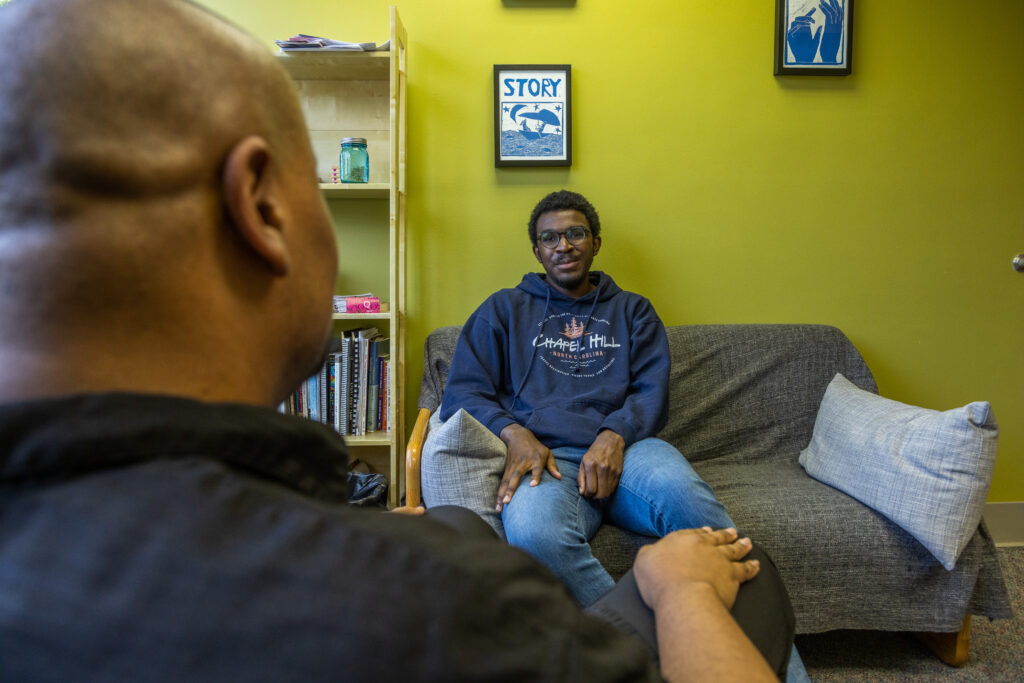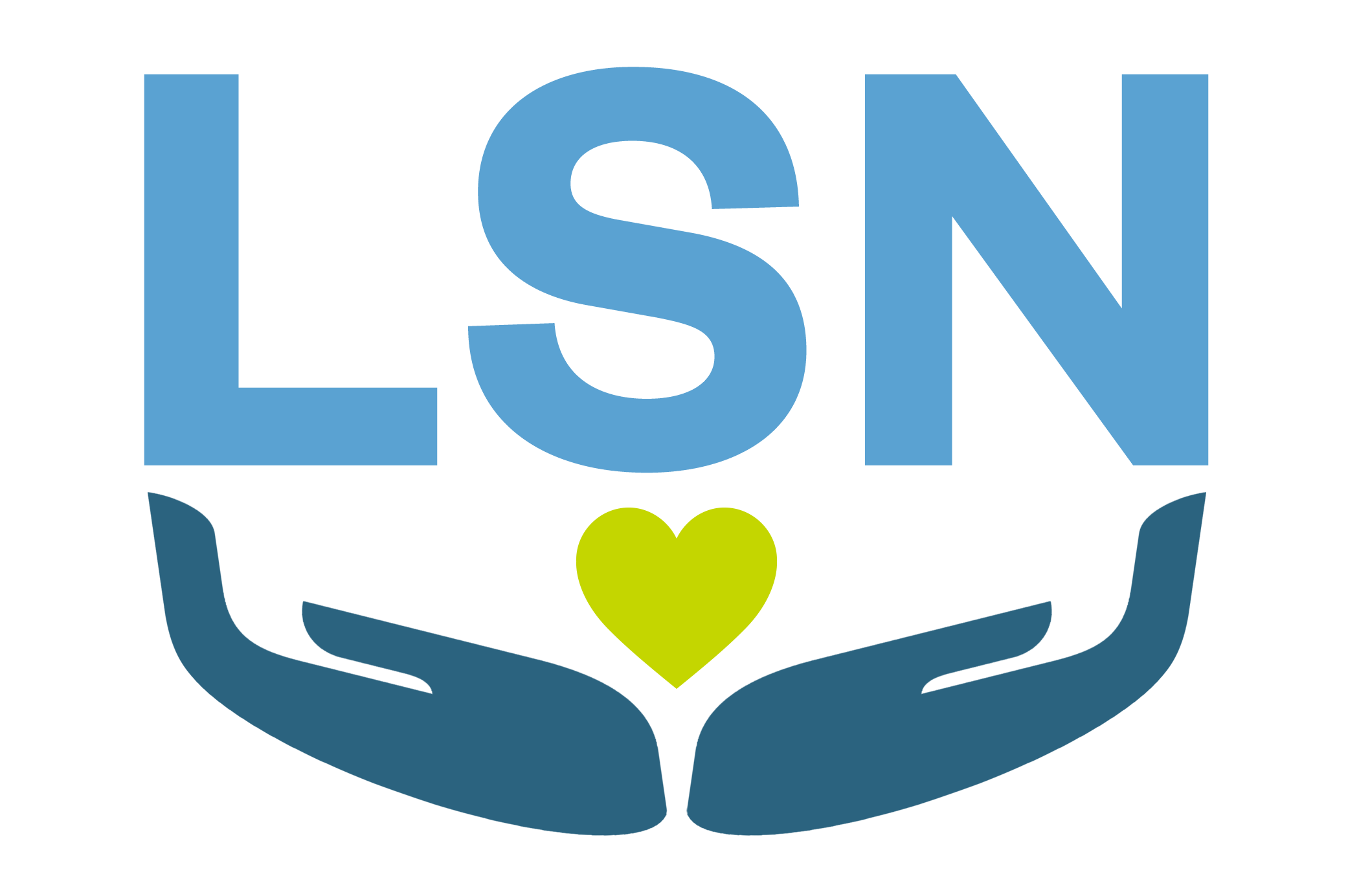Navigating Support Options for Healing after Trauma

The personal impacts of trauma can be unpredictable, affecting us immediately or even months later. We can benefit from getting support, and there are many options that can help.
Community of care: The support found within our community plays an important role in healing, offering a sense of belonging, engagement, and comfort. Peer supporters, identity- and affinity-groups, spiritual communities, student organizations, friend groups, roommates, co-workers – the community around us can offer conversation, solace and connection to people who share our experiences.
Professional mental health care: Trained mental health providers can help us navigate complex emotions and responses, offering coping strategies specific to our experience and needs. They provide specialized guidance, long-term tools for managing trauma’s impact and its lingering effects.
Most people who go through traumatic events may have temporary struggles adjusting and coping. Fear, having nightmares, avoiding certain places because of what happened there – many experience symptoms like these associated with the traumatic event. With time, good self-care, and community support, people who experienced trauma usually feel better.
Professional mental health care is vital for someone who feels unable to fully live their life. They might be struggling with daily activities, academics, or relationships. They might notice physical manifestations of stress that aren’t explained by other causes, or that their distress persists over time or keeps resurfacing. The road to healing is not linear, and it's okay to need help along the way – even months after the event. Remember that there's no specific timeline for seeking help after trauma.
When in doubt, reach out:
If you're unsure whether you need professional support, reaching out to a mental health provider for an assessment can provide clarity. An initial CAPS consultation is available for students Monday – Friday from 9:00 a.m. - noon and 1:00 p.m. - 4:00 p.m., no appointment needed.
Just as we turn to medical professionals for physical injuries, consulting mental health experts is an act of self-compassion that can help us unravel trauma's layers and equip us for recovery. Our well-being matters, and seeking help is a courageous step toward healing.
Many mental health resources are available - find one that meets your needs.

